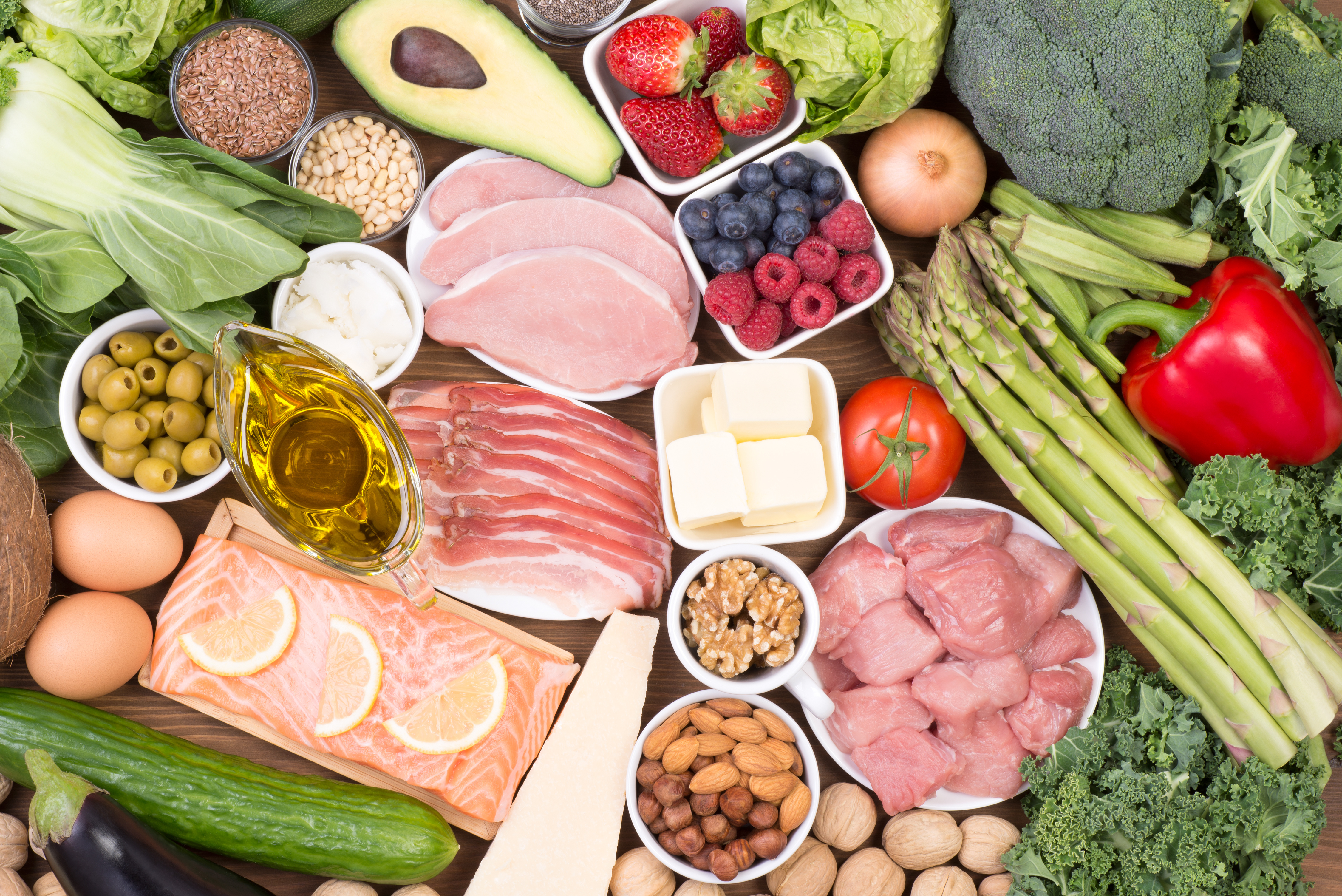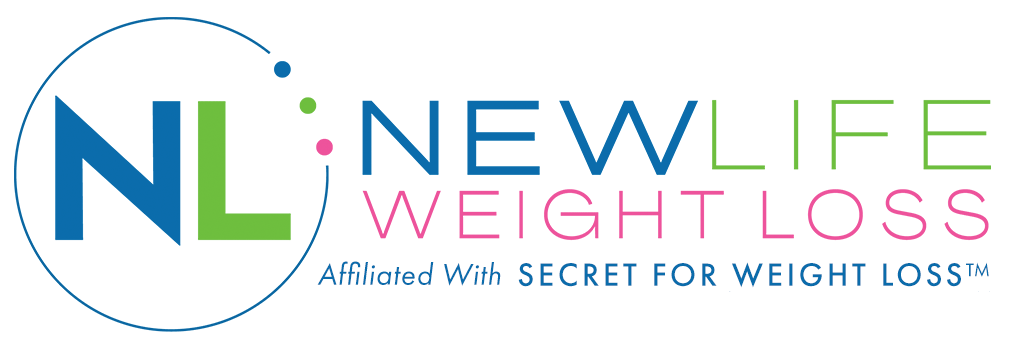Transforming Health Through Diet: Unveiling the Power of a Very Low-Carbohydrate Approach

Transforming Health Through Diet: Unveiling the Power of a Very Low-Carbohydrate Approach
Health is wealth, an adage that holds true now more than ever. With a multitude of lifestyle diseases such as hypertension, type 2 diabetes, and obesity plaguing our society, the search for effective management strategies is an ongoing battle. The solution, however, might be much simpler than we think – it could be on our dinner plates. Recent research points towards the power of a Very Low-Carbohydrate (VLC) diet as a transformative tool for individuals dealing with this triad of conditions, also known as ‘triple multimorbidity’.
A groundbreaking study conducted in southeast Michigan, which featured a total of 94 adults grappling with this health challenge, offers some enlightening insights. Participants were randomized into different dietary patterns for comparison, namely the VLC diet and the Dietary Approaches to Stop Hypertension (DASH) diet. Additionally, the impact of added multicomponent support – mindful eating, positive emotion regulation, social support, and cooking – was assessed.
The results were promising for the VLC diet, which delivered remarkable improvements in systolic blood pressure, glycemic control, and weight management over a span of four months. But, how can you harness these benefits for your health journey? Let’s delve into some actionable steps:
1. Embrace the VLC Diet:
The Very Low-Carbohydrate diet primarily consists of minimizing your carbohydrate intake, typically to less than 50 grams per day, and emphasizing proteins and healthy fats. Foods such as lean meats, eggs, nuts, seeds, and leafy green vegetables can take center stage on your plate.
2. Understand your Carbs:
All carbs aren’t created equal. While you limit your overall intake, pay attention to the types of carbohydrates you consume. Focus on incorporating complex carbohydrates like vegetables, which are high in fiber and digest more slowly, helping to keep blood sugar levels stable.
3. Stay Hydrated:
Drinking plenty of water aids in digestion and keeps you feeling full, which can help with weight loss. Additionally, staying well-hydrated is essential for overall health, particularly for those managing hypertension.
4. Regular Exercise:
Complement your dietary changes with regular physical activity. Exercise can help reduce blood pressure, control blood sugar levels, and aid in weight management.
5. Seek Medical Guidance:
Always consult a healthcare professional before making major changes to your diet, especially if you have pre-existing conditions like hypertension, prediabetes, or type 2 diabetes.
The study also revealed that additional support did not significantly affect the outcomes, indicating the standalone potency of the VLC diet. However, mindfulness, emotional regulation, and social support are valuable tools for any lifestyle change journey.
The journey to health doesn’t have to be daunting or complex. By adopting a VLC diet, you have the power to take control of your health one meal at a time. This research paves the way for larger trials and longer follow-ups that could further solidify the role of the VLC diet in disease management. For adults at high risk, these findings provide a beacon of hope and a direction towards better health.
References
https://www.annfammed.org/content/21/3/256

